Feeling lost or like you put everyone’s needs before your own? Are you ready to start to discover what your essential needs are, so you can live more simply, honestly and also look after your health and well-being? When you do this, you can then support the other people in your life (as your needs have been met) and lead an inspired life…
Subsequently, in this post I am going to discuss –
- What is Deprivation?
- What is Shame?
- What is Shame Resilience?
- What are Maslow’s Hierarchy of Needs?
- What are Your Essential Needs?
Let’s get started…
What is Deprivation?
There are many definitions of deprivation, including –
- “the damaging lack of material benefits considered to be basic necessities in a society” ~ Google and Oxford Dictionary
- “a situation in which you do not have things or conditions that are usually considered necessary for a pleasant life” ~ Cambridge Dictionaries Online
- “the state of not having something that people need: the state of being deprived of something” ~ Merriam-Webster.
Some examples of deprivation include – self-neglect, self-abuse, sense of hopelessness, lack of self-value, addictive behaviour or overindulgence (i.e. overspending on self and others).
What is Shame?
Before we start, it is important to identify that shame is universal, no-one is exempt from it and we have all experienced it (even though it makes us think and feel we are the only ones). Shame is about fear and is an emotion that many people struggle to understand it or put words to it. Some of the definitions of shame include –
- “a painful feeling of humiliation or distress caused by the consciousness of wrong or foolish behaviour.” ~ Google
- “the painful feeling arising from the consciousness of something dishonorable, improper, ridiculous, etc., done by oneself or another.” ~ Dictionary.com
- “A painful feeling of humiliation or distress caused by the consciousness of wrong or foolish behaviour.” ~ Oxford Dictionary
- “Shame is the intensely painful feeling or experience of believing we are flawed and therefore unworthy of acceptance and belonging. Women often experience shame when they are entangled in a web of layered, conflicting and competing social-community expectations. Shame creates feelings of fear, blame and disconnect.” ~ Brené Brown, I Thought It Was Just Me (but it isn’t): Making the Journey from “What Will People Think?” to “I Am Enough” (p.29).
Would you add anything in to the above definitions?
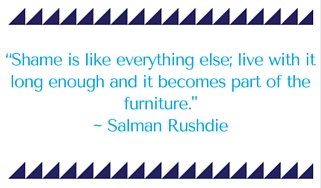
Transforming Deprivation and Shame
Deprivation and shame can be transformed. One way to transform shame is by developing shame resilience.
Shame Resilience
In order to effectively deal with shame, Brené Brown talks about developing and practising shame resilience. Shame resilience involves moving towards empathy (courage, connection and compassion) when we are experiencing shame. According to Dr Brown, the four (4) elements of Shame Resilience are –
- Recognising shame and understanding our triggers (e.g. physical responses like our heart racing or tightness in our chest),
- Practising critical awareness (i.e. knowing why something exists, how it works, how our society is impacted or impacting on that something and who benefits from it),
- Reaching out (i.e. by reaching out to our support network and sharing our story, we can increase our resilience and create change), and
- Speaking shame is so important as it’s survival depends on going undetected (i.e. through secrecy and silence). Subsequently, if we recognise and understand our triggers, practice critical awareness and reach out to others, we can grow our resilience as we practice communicating about our shame with our most-trusted advisors who use their own compassion and courage whilst listening and supporting us.
Another way to deal with shame and overcome deprivation is to look after your essential needs. Before we identify your essential needs, let’s discuss where this idea originated.
What are Maslow’s Hierarchy of Needs?
Abraham Maslow (1908-1970) started his professional career as a behaviourist, however moved on to become a psychoanalyst. In 1943, in a paper titled “A Theory of Human Motivation”, he proposed the psychological theory known as Maslow’s Hierarchy of Needs. He suggested we had two different types of needs –
- the first four levels are needs relating to survival and focusing on deficiencies (D-needs)
- the final layer and needs relating to psychological growth and focusing on being ourselves and everything we are capable of becoming (B-needs).
Maslow suggested we focus on the first level of motivation and then once that is met then we can focus on the next level. The Abraham Maslow – Hierarchy of Needs as as follows:
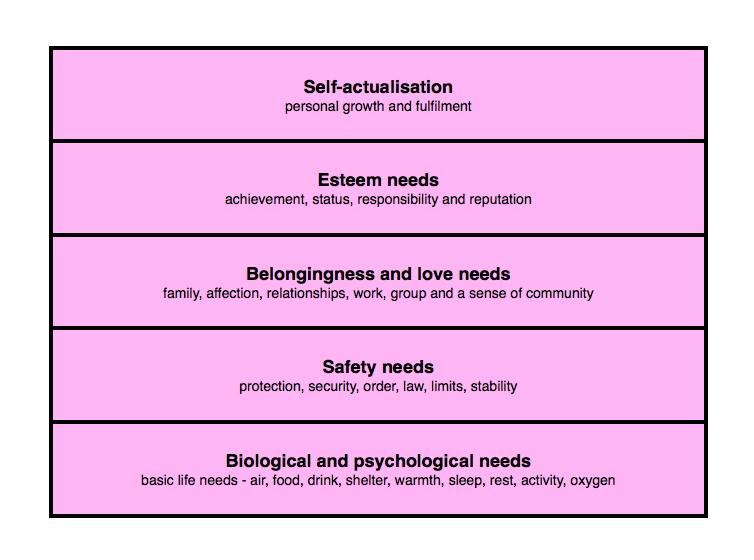
What are Your Essential Needs?
By looking at Maslow’s Hierarchy of Needs, what are your essential needs? Yes, what are your –
- Biological and psychological needs?
- Safety needs?
- Belongingness and love needs?
- Esteem needs? and
- Self-actualisation needs?
As you are identifying your needs, remember to identify a need and not a want! What is the difference? Glad you asked! Personally, I see the difference as –
- a need, when filled nourishes you and helps you survive, and
- a want, when filled entertains you or “It would be nice if..”.
If you confuse or substitute a want for a need, it can drain or deplete you of money, time and energy.
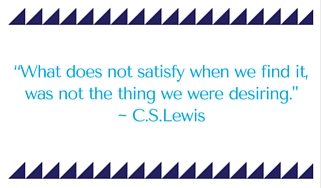
Over the years, what I have learnt working with clients and from my own experiences is that your deepest needs cannot be met by spending money, eating extra amounts of food or winning awards. Meeting your essential needs is also an individual thing, something you need to find out for yourself? Kahlil Gibran puts it this way “Your friend is your needs answered.”
If you are ready to reclaim your courage and take the next step towards your freedom, overcome obstacles and discovering your flow, why not join our Toolkit?
References –
Brown, B. (20o7). I Thought It Was Just Me (but it isn’t): Making the Journey from “What Will People Think?” to “I Am Enough”. New York, USA: Penguin.
Maslow, A.H. (1943). A theory of human motivation. Psychological Review, 50(4), 370-96. Retrieved from http://psychclassics.yorku.ca/Maslow/motivation.htm
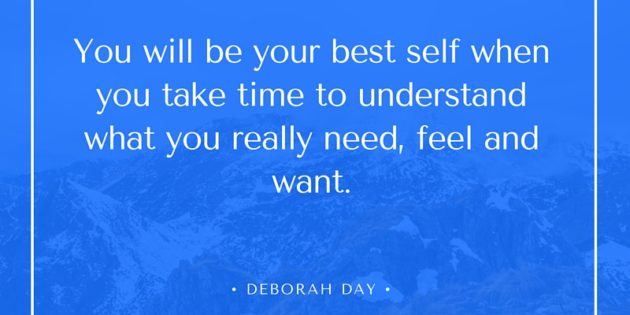




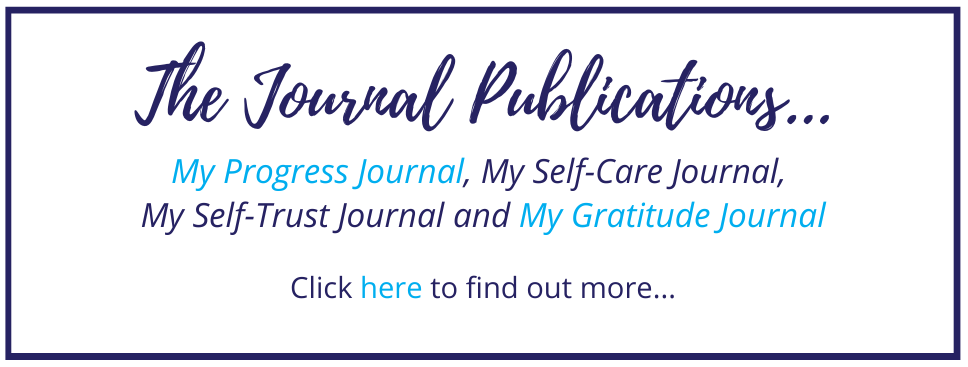











2 Comments
[…] you ready to start looking after yourself? If so, you may like the What are my Needs? […]
[…] you ready to start looking after yourself? If so, you may like the What are my Needs? […]
Leave A Response